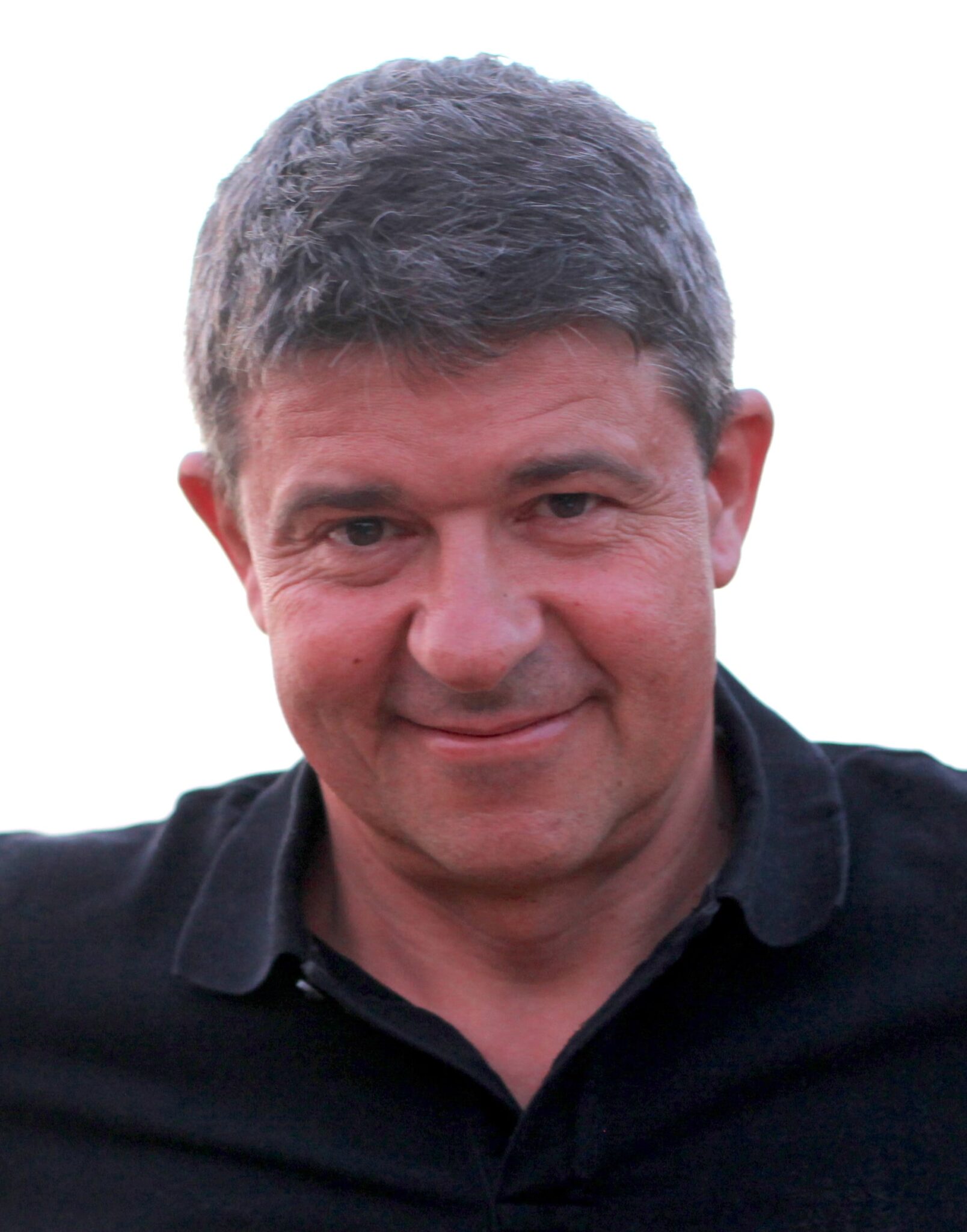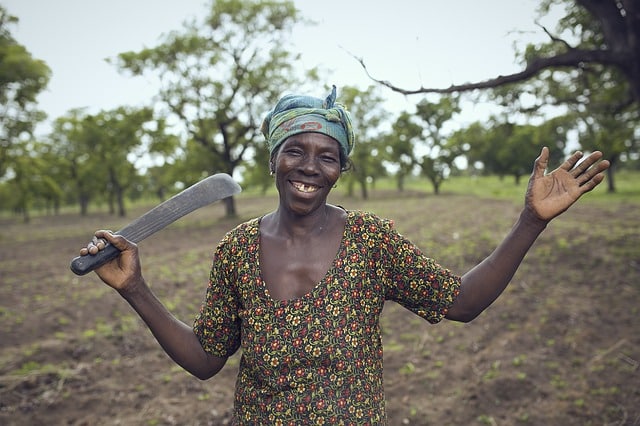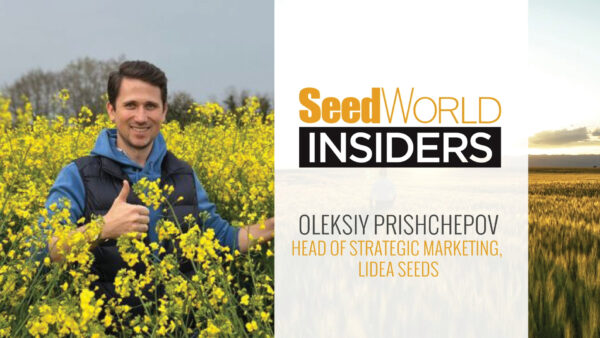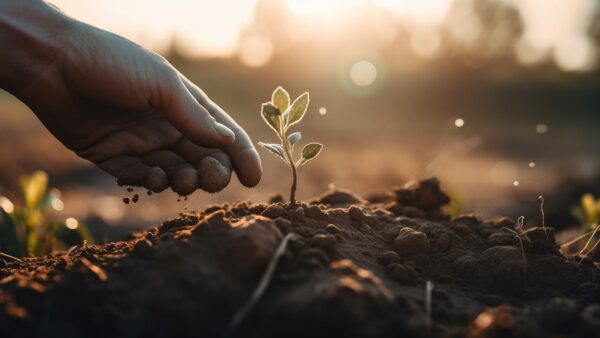Definitively yes! And immediately, having full conscience that this is operating in a system where crop failure is not just an economic problem for a farmer, but a life-threatening issue. The question is, can we move ahead? Progresses have been relatively limited the last few decades and cannot cope with population growth despite of the considerable financial efforts dedicated. If the wealth of the farmers is part of the equation, as it is largely communicated by many stakeholders involved, then the approaches to support agriculture need to evolve. There is an urgency to tackle efficiently the agricultural development in West Africa: this sector represents about 80% of the population, and the most vulnerable part that of it has nothing to lose to migrating to Europe or embracing jihadism.

This discussion relates to my personal experience in Burkina Faso. We have recently set up a local seed company, after a few years of exchanges with authorities, with many operators of the maize and sorghum value chain, and with several agencies funding agricultural research. This convinced us that an integrated approach, inclusive of the overall value chain, and owned by local actors, is critical to achieve the agricultural development goal. Frequently, isolated elements of the value chain are considered, and this appears to be not sustainable. Also, any approach should be participative and not just based on exogenous dogmatic or selfish considerations. The reward can be very significative for all players involved, we estimated for Burkina Faso the value to be captured across the maize value chain to exceed the billioneuros, i.e. close to 8% of the current GDP within the next seven to 10 years. This represent close to 8% of the current GDP.
Reconstructing trust across the value chain. Relationships between the different actors of the value chains are disrupted. The animal producers and the processors have little to no confidence in the maize produced locally: volumes and quality are not secured. The maize grain producers are largely unsatisfied with the quality of maize seed provided by seed companies or the government, and in turn the seed companies are disappointed the foundation seed made available from the public sector (which is not liable for quality). The public sector has issues accessing or developing new genetics which is also a prerogative from research organisation. Under those conditions, and to mitigate their own risks, each actor is making minimal investment and effort to ensure a production that would satisfy the next level of the value chain.
There is willingness to challenge the current situation. The different stakeholders are very confident on the benefits of being able to rely on the other operators: it would secure use of the local production that today has difficulties to be sold due to quality, secure supply of the industries and finally reduce exposure to international commodity price and currency valuation. Those different elements would in turn allow to foster investments in operating capacity.
The institutional context evolves positively. The regional ECOWAS seed law has made significant progress, such as the installation of a regional catalogue that enable varieties registered in one country to be planted in the 17 others. The implementation is slow in some countries, but the trend is on. However, deterrent dispositions have been kept by the countries such as the prerogative to conduct research on new varieties and producing pre-foundation and foundation seed, but I am seeing a willingness to change that: the countries that will adapt their laws to accompany seed industry to the market will clearly become the regional leaders in agriculture.
The farmers are onboard. There are a lot of prejudgements made on West Africans farmers which are at odds with my personal experience. In a context where performing genetics and reliable agricultural inputs are made available, they are implementing proper technical itineraries and become proud of their crop. Like most farmers, they are able to judge what is good for them. Access to good quality seed with performing genetics is critical to unlock the value chain development. I do not ignore that the pedo-climatic context plays a very important role and that many farmers are limited by it. Focusing on cereals, sorghum, pearl millet and fonio would allow to cover most of the Sahelian region from Burkina with limited rain and poor soil quality. Unfortunately, those essential crops do not benefit from research programs proportionally to their social importance. Maybe, operating on high value crops should be coupled with a contribution to the development and the production of the one with high social impacts in difficult areas.
To conclude. Our company has the dual ambition to be both profitable and contributing to the development of West Africa agriculture.
Bruno Tinland (bruno.tinland@semafort.com) is the CEO of SEMAFORT, a seed company registered in Burkina Faso. Investors includes former experts from the global seed industry as well as Burkinabé companies.













